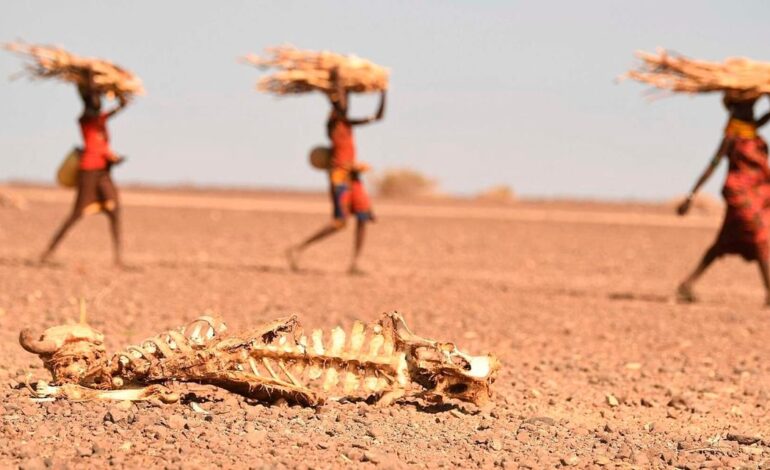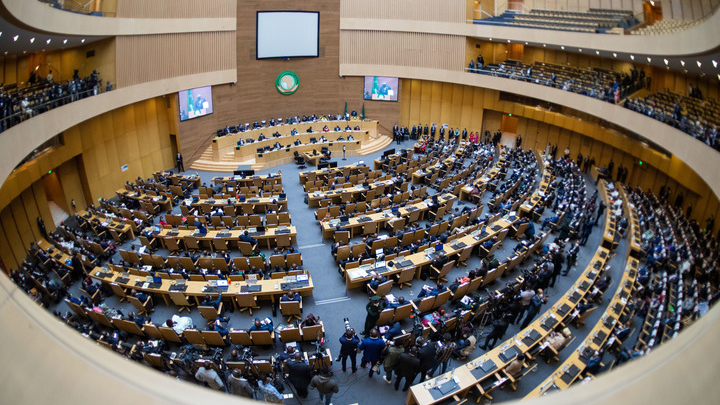
Renson Mwakandana
The 36th African Union Summit brought together the heads of state and government of the 55 AU member states on February 18–19, 2023, in Addis Ababa, Ethiopia. The theme of this Year was AfCFTA: Acceleration of the African Continental Free Trade Area Implementation is the topic for 2023.
The AfCFTA according to the AU will promote “the creation of more decent employment, increased welfare and higher quality of life for all citizens, and sustainable development” if it is successfully implemented.
The second 10-year implementation plan for Agenda 2063 wasalso discussed, along with the Annual Report of the Union and its Organs and the report on the operationalization of the Africa Centers for Disease Control and Prevention (Africa CDC).
The UN Secretary-General Antonio Guterres urged African leaders to do more to bring peace to conflict-affected areas as they gathered on Saturday to discuss a variety of issues confronting the continent.
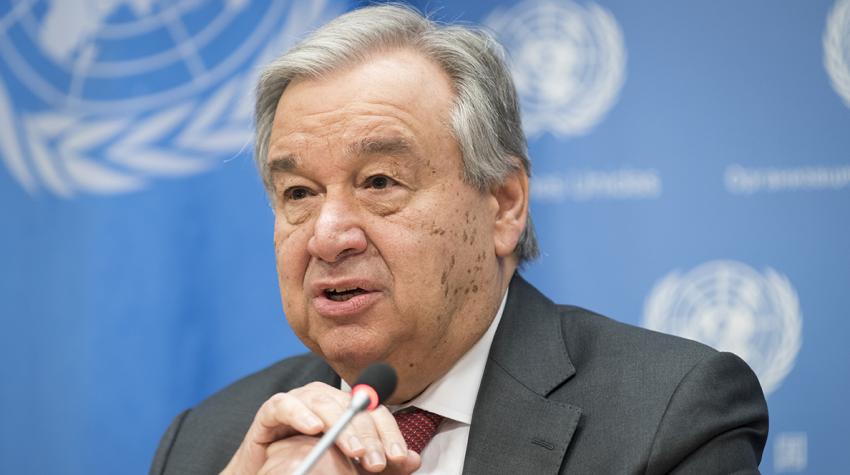
The two-day African Union meeting aimed to address these challenges and kick-start a sputtering free trade agreement. Africa is now suffering from a record drought in the Horn of Africa, deadly instability in the Sahel area, and the eastern Democratic Republic of the Congo (DRC).
With more than 30 presidents and prime ministers in attendance, the majority of the meetings took place behind closed doors at the AU headquarters in the Ethiopian capital Addis Ababa.
However, attention was focused on the bloc to see if it could broker ceasefires in the Sahel and the eastern Democratic Republic of the Congo, where the M23 militia has seized large areas of land and sparked a diplomatic dispute between Kinshasa and the Rwandan government, which is accused of supporting the rebels.
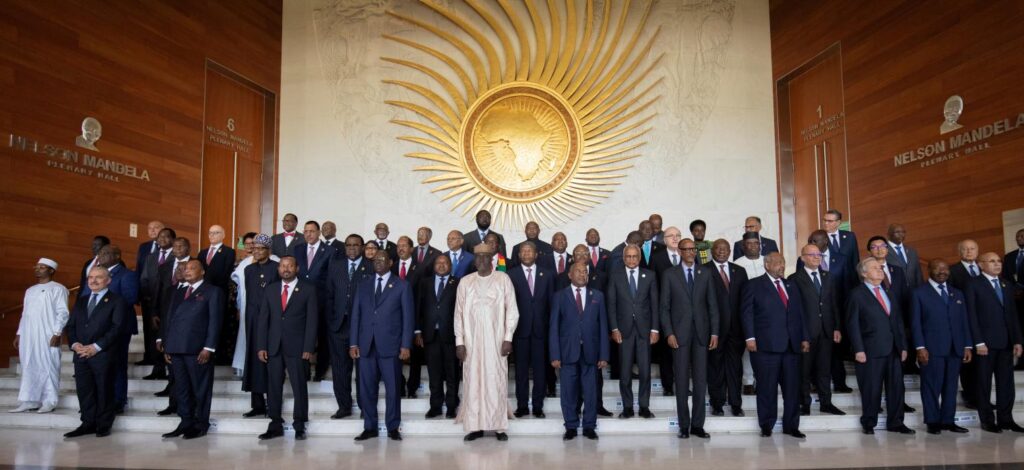
Guterres urged the 1.4-billion-person continent to “act for peace,” noting that it was facing “enormous tests… on virtually every front.” He addressed the crowd, saying, “I am deeply concerned about the recent rise in violence by armed groups in the eastern Democratic Republic of the Congo and the rise of terrorist groups in the Sahel and elsewhere.”
Despite being suspended from the conference last weekend, the junta-ruled nations of Mali, Burkina Faso, and Guinea dispatched diplomats to Addis Ababa to push for readmission.The African Union Commission’s leader, Moussa Faki Mahamat, told the gathering that the group needs to devise fresh plans to halt the erosion of democracy on the continent.
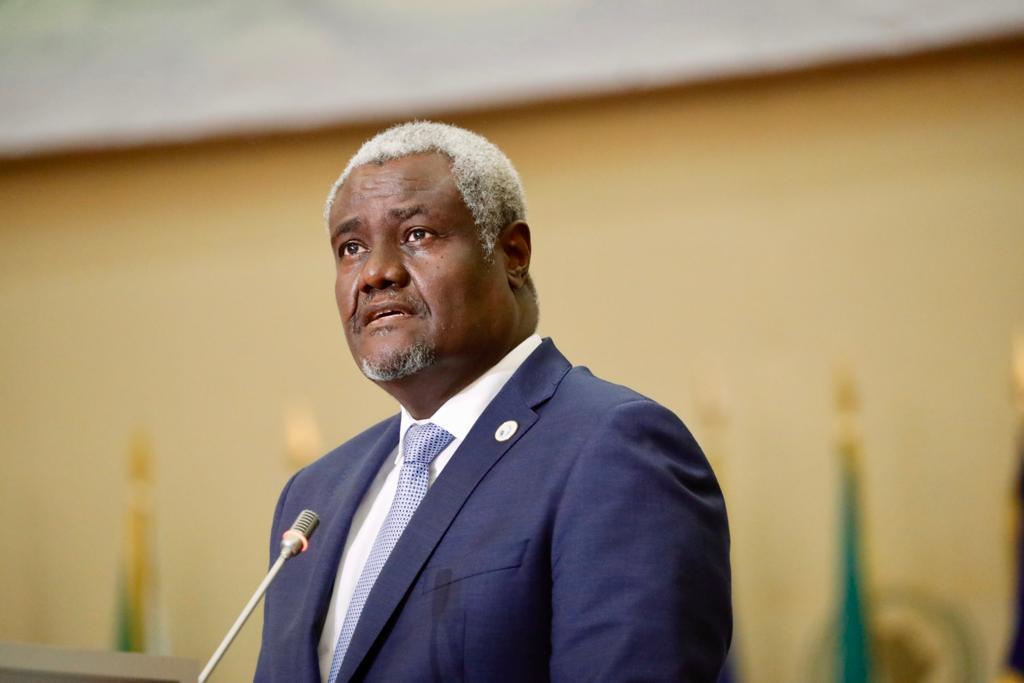
Sanctions placed on member states as a result of illegitimate political changes, he claimed, “it seems it failed to produce the expected results.” “It seems necessary to reconsider the system of resistance to the unconstitutional changes in order to make it more effective,” Faki added.
The African Continental Free Trade Agreement (AfCFTA), which was introduced in 2020, also sought to hasten its implementation as part of the conference. The agreement, which brought together 54 of the 55 African nations—Eritrea being the lone holdout—has been hailed as the largest in the world in terms of population.
By removing nearly all barriers, the AfCFTA seeks to increase commerce between African countries by 60 percent by 2034 from its present level of just around 15 percent. Nevertheless, due to obstacles including arguments on tariff reductions and border closures brought on by the Covid-19 outbreak, implementation has fallen well short of that objective.
The leaders of Africa also discussed the food problems that are wreaking havoc on a continent that has been severely affected by the worst drought in forty years as well as the ripple effects of the conflict in Ukraine that have driven up the price of basic necessities.
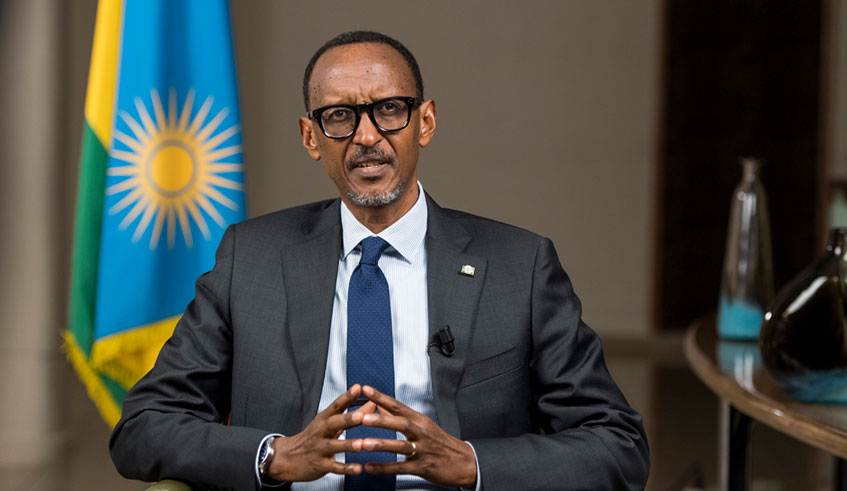
Paul Kagame provided a report at the summit on the reform of the AU’s institutions. He has been pleading with the organization to make significant reforms for years. As the African Union is mostly dependent on donations from abroad, the president of Rwanda urged the organization to take steps toward financial independence.
President Azali Assoumani of the Comoros assumed leadership of the tiny, 900,000-person archipelago in the Indian Ocean when Macky Sall of Senegal stepped down from the position. In his acceptance speech, Assoumani requested the “total cancellation” of all African debt, although he did not specify how this would be accomplished.
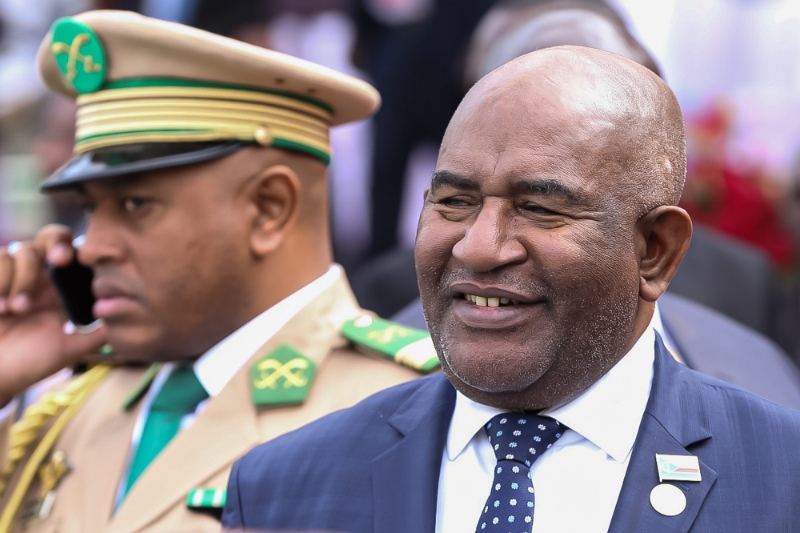
Other key factors that stood out and were discussed include:
1. The aim of the AU’s Silencing the Guns campaign is to put an end to all wars and conflicts, cease genocide, and eradicate gender-based violence.
2. Ensure gender equality: Women and girls are the main producers of wealth in Africa and do the vast bulk of the continent’s unpaid labor, thus prosperity is meaningless if they are left behind.
3. Preventing crime and violence (PVE): A cost-effective strategy for reducing and preventing violent extremism is to invest in employment, schools, and services. “Local communities play a crucial role in promoting sustainable paths out of violent extremism, together with national governments’ amnesty policies.
4. Exploring Africa’s creative capital; The creative economy is a significant driver of commerce and sustainable development as well as a source of economic and cultural value. The ability of the creative industries to address problems, encourage entrepreneurship, and spur innovation has enormous influence in Africa.



